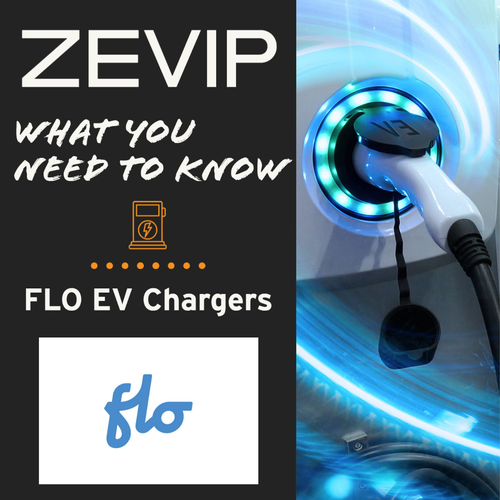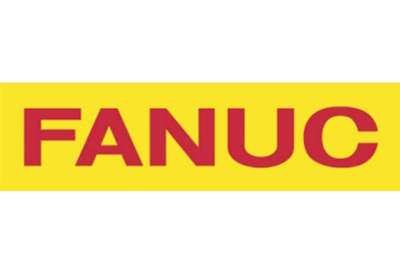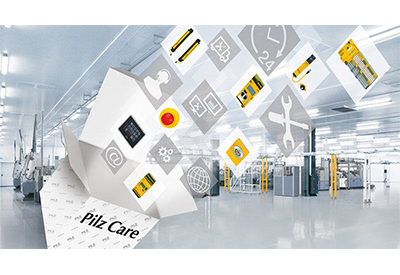Canada’s Zero Emissions Vehicle Infrastructure Program (ZEVIP) Accepting New Applications Spring 2023
March 8, 2023
The Government of Canada (through Natural Resources Canada) is looking to make EV charging infrastructure (like the FLO series of EV chargers) more affordable and accessible for Canadians. What does this mean for you?
Every year since 2019 there have been rounds of RFP’s with targeted outcomes. Natural Resources Canada is looking for projects that involve installing EV charging infrastructure for the following use cases:
The 2022 round of RFP’s is being decided on shortly, and the next round of RFP’s is about to open.
For the current round, Natural Resources Canada will contribute up to 50% of Total Project Costs up to a maximum of $5,000,000 per project, and up to $2,000,000 per project for Delivery Organizations.
Proposals must include:
- A minimum of 2 fast chargers of 50kW and above OR
- If installing less than two fast chargers of 50kW and above, a minimum of 20 chargers of all charging levels.
Eligible recipients of funding include:
| Direct Recipient | Delivery Organization |
| Legal entities validly incorporated or registered in Canada or abroad including not-for-profit and for-profit organizations such as: | Provincial, territorial, regional or municipal governments, their institutions, agencies and Crown corporations (including public utilities). |
| Electric Utilities | Not-for-profit organizations validly incorporated or registered in Canada. |
| Companies | |
| Industry Associates | |
| Indigenous Businesses and Community Groups | |
| Academic Institutions | |
| Provincial, territorial, regional or municipal governments or their departments or agencies where applicable | |
| For greater clarity, individuals or any part of the federal public administration, including federal departments, crown corporations and federal agencies are not eligible recipients under this Program. |
Potential Use Cases
Each charging point is considered a separate charger. So your proposal could include:
| Types of Infrastructure | Product | Maximum Funding | Maximum Funding for Indigenous businesses and communities |
| Level 2 (208 / 240 V) connector – 3.3 kW to 19.2 kW | 20 x FLO Home or 10 x FLO CoRe+ or 10 x FLO SmartTWO | Up to 50% of total project costs, to a maximum of $5,000 per connector | Up to 75% of total project costs, to a maximum of $7,500 per connector |
| Fast charger – 50 kW to 100 kW | 2 x FLO SmartDC 50kW | Up to 50% of total project costs, to a maximum of $50,000 per charger | Up to 75% of total project costs, to a maximum of $75,000 per charger |
| Fast charger – 100 kW to 199 kW | 1 x FLO SmartDC 100kW | Up to 50% of total project costs, to a maximum of $75,000 per charger | Up to 75% of total project costs, to a maximum of $112,500 per charger |
| Fast charger – 200 kW and above | 1 x FLO Ultra 320kW (COMING SOON) | Up to 50% of total project costs, to a maximum of $100,000 per charger | Up to 75% of total project costs, to a maximum of $150,000 per charger |
Find more information about FLO’s complete line of EV Chargers below:
Another article, “FLO Introduces FLO Ultra™: a New DC Fast Charger Designed to Provide the Ultimate Fast Charging Experience” available Here
Source Available Here




